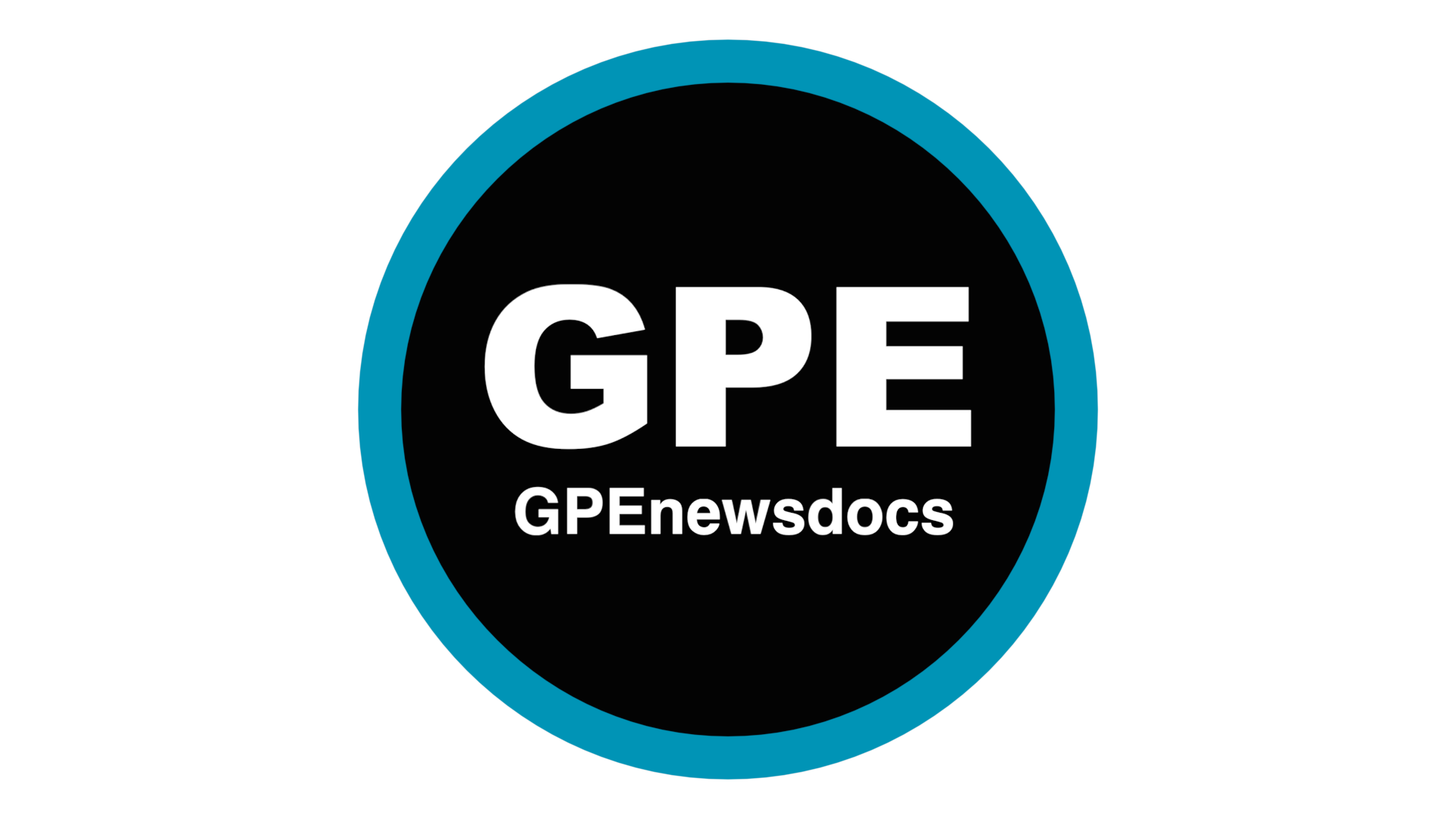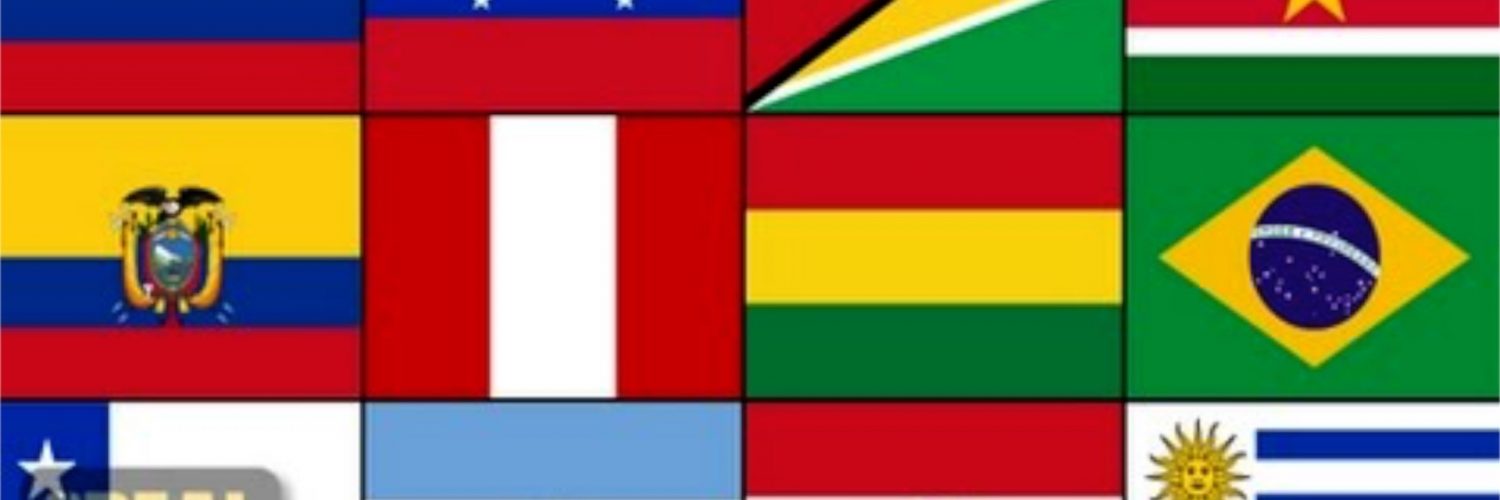Ecuadorian President Rafael Correa’s 2014 Prebisch Lecture ‘Ecuador: Development as a Political Process’ received a standing ovation. UNCTAD Chief Economist, Richard Kozul-Wright says he thinks the warm reception to the lecture reflects a wider feeling that across the developing world there is a need to look at alternatives given the failures of neoliberalism.
November 24, 2014 Produced by Lynn Fries
TRANSCRIPT
LYNN FRIES, TRNN PRODUCER: Welcome to The Real News. I’m Lynn Fries in Geneva.
We’re continuing our brief on the experience of Ecuador, this based on a lecture President Correa gave in Geneva, the 15th Prebisch Lecture, titled “Ecuador: Development as a Political Process”. Earlier, in part one, we went into Ecuador’s experience at home, on the domestic front. For some context here’s a clip from the lecture.
RAFAEL CORREA, PRESIDENT OF ECUADOR: El desarrollo es basicamente un probema political. El punto de partida, la pregunta clave es quien manda en una sociedad: las elites o las grandes mayorias ? El capital o los seres humanos ? El maercado o la sociedad ?
(SUBTITLED TRANSL.): My friends, development is basically a political issue. The point of departure, the key question, is: who is in charge of a society? The elite or the majorities? Capital or human beings? The market or society?
FRIES: With us to continue our conversation covering the importance of this lecture is Richard Kozul-Wright. Richard Kozul-Wright is a senior economist at the United Nations Geneva and director of the Division on Globalization and Development at UNCTAD.Richard, welcome.
RICHARD KOZUL-WRIGHT, SENIOR ECONOMIST, GLOBALIZATION AND DEVELOPMENT DIV., UNCTAD: Thank you for the invitation, Lynn.
FRIES: Let’s turn now to the balance of power in international relations. Here Correa spoke of the ways in which policies and institutions of the hegemonic countries are dominated by their elites, and that if he’s learned anything during his time as president of Ecuador, it’s that the world is dominated by transnational corporations and that Ecuador had to guard against threats from this volatility of international capital, neo-colonialism in the international division of production–he named many threats–and that for Ecuador, Correa sees regional integration as key, Latin American integration.
By definition, this brief’s going to cut things short. But I just ask you to give us a glimpse of your thoughts into this hostile external environment Ecuador faces, Correa’s second front, as you called it earlier
KOZUL-WRIGHT: I mean, obviously, I think, as a small, open, relatively open economy, I think Correa is very conscious of the exposure they have to financial boom-bust cycles and shocks of one kind or another. And although even a country like Ecuador has some wiggle room in existing international rules–in terms of capital account management, I mean, developing countries can still use capital controls and prudential macro-economic regulations to control unruly capital. I think he’s very conscious of the fact that even large, powerful economies, given the reach and scale of international capital, are themselves vulnerable to these kinds of problems, and that they can only really be properly managed at a global level.
And it’s one of the great tragedies, really, of the recent crisis that despite the fact that this was a–it was not a problem of public financing in any way; it was the creation of unruly private capital flows and financial actors. There has been very little effort to date to rein in the power of unregulated finance. And, as I said, whilst ideally that effort to reregulate finance should take place at the global level, in the absence of real desire on the part of the leading economies, the advanced industrial countries, I think many Latin American countries have realized that at least they can begin to try and build up measures of protection and rules that can generate greater stability at the regional level. And through UNASUR and through other regional mechanisms, we’ve begun to see efforts to forge kind of alternative rules and institutions that can provide both the protection from these–a degree of protection, at least, from financial shocks, but can also begin to more effectively mobilize productive resources to ensure that there is sufficient financing for long-term investment projects of the kind that are required to achieve the inclusive and sustainable development paths that these policymakers are trying to build.
And, you know, it’s one of the great ironies, really, of the last twenty or thirty years that despite the ideology that unregulated finance would serve the long-term interests of, particularly, developing countries better than the repressed finance of the Bretton Woods era, that in fact investment rates across the world, and including in Latin America, have gone down consistently under the influence of unregulated finance.
FRIES: So these Prebisch lectures are given in honor of Raúl Prebisch, who was the founding secretary-general of UNCTAD. Give us some background on that.
KOZUL-WRIGHT: UNCTAD is 50 years old this year. And it was created back in the early 1960s with a growing movement of independent states in the South–political movement, but also an intellectual movement. There was the emergence of real–of new thinking in the developing world in the 1950s and the 1960s, of which the greatest exponent, I think, was Raúl Prebisch, an Argentinean economist who’d been a policymaker in his own country in the 1930s and early 1940s, and then was the inspiration and the driver for the United Nations Economic Commission for Latin America that was created in the late 1940s and was a powerful voice for change in the1950s. And Prebish moved from ECLAC to create an institution with many of the same concerns of ECLAC, but with a global focus and take, through the creation of UNCTAD in 1964.
And Prebisch himself, of course, was part of the Latin American structuralist school, a school of thought that believed that markets, if left to themselves, given the structural impediments that developing countries face, would actually reinforce rather than remove those impediments and that it required an activist state and effective international development cooperation to break through those constraints to ensure that markets would work in a way that would support sustained and inclusive growth rather than undermined sustained and inclusive growth. So that’s the kind of structuralist tradition that Prebisch forged into UNCTAD thinking in the 1960s, and I think it’s the kind of thinking that is now coming back to Latin American policymakers such as President Correa as they deal with a set of similar, but also some different structural challenges that those economies are currently facing today.
FRIES: In his final words as he closed the lecture, Correa said Raúl Prebish would be glad to know that Latin America once again has a school of thought. What’s your take on that?
KOZUL–WRIGHT: Well, I think that is a clear reflection of the last ten, fifteen years of political shifts in the Latin American region. And, as I said, part of the reason for inviting President Correa to give the Prebish Lecture was that in a sense he symbolizes was Prebisch himself was about. Prebisch was both a very serious economics scholar, but he was also a policymaker and an activist, and in a sense, Correa combines those qualities too. He himself is a professional economist, very much in the structuralist Latin American tradition, what he called the political economy tradition of Latin America, but he’s also someone who is highly engaged in the policymaking process and trying to forge workable alternatives on the ground. And obviously he’s part of that wider tradition. You have–in Bolivia, you have Morales. You have, slightly differently, the efforts in the Southern Cone–in Argentina, in Uruguay and Brazil–to break with the neoliberal legacy and to forge alternatives. Obviously all these countries face their own very specific national-level challenges, but there is this real sense that they’ve put to one side that twenty years of neoliberalim. They’ve understood that it hasn’t delivered in terms of economic or social performance and that there are workable alternatives out there that can be pursued, both at the national level but also, importantly, with increasing regional support and this search for regional complementarities.
And so I think that sense of an alternative is very palpable now in Latin America. It’s probably not true of any other region right now in the developing world, which is interesting because, I think, again, Latin America is emerging as a leading voice, as it was in the 1950s and 1960s, for development alternatives. And other parts of the developing world, as they themselves revisit the failures of structural adjustment, are looking at Latin America again as as a source of possible lessons. And I think there are very encouraging signs also of Latin America policymakers wanting to share their experience with policymakers and politicians outside the region. And I think the sense of a welcome of President Correa at the Prebisch Lecture was a reflection of a wider feeling that we need to look at alternatives across the developing world, given the failures of neoliberalism.
FRIES: Richard Kozul-Wright, thank you.
KOZUL–WRIGHT: Thank you.
FRIES: And thank you for joining us on The Real News Network.
END TRANSCRIPT
Richard Kozul-Wright, Director of the Division on Globalization and Development Strategies at the United Nations Conference on Trade and Development, is the author of Transforming Economies: Making Industrial Policy Work for Growth, Jobs and Development.
Originally published at TRNN



